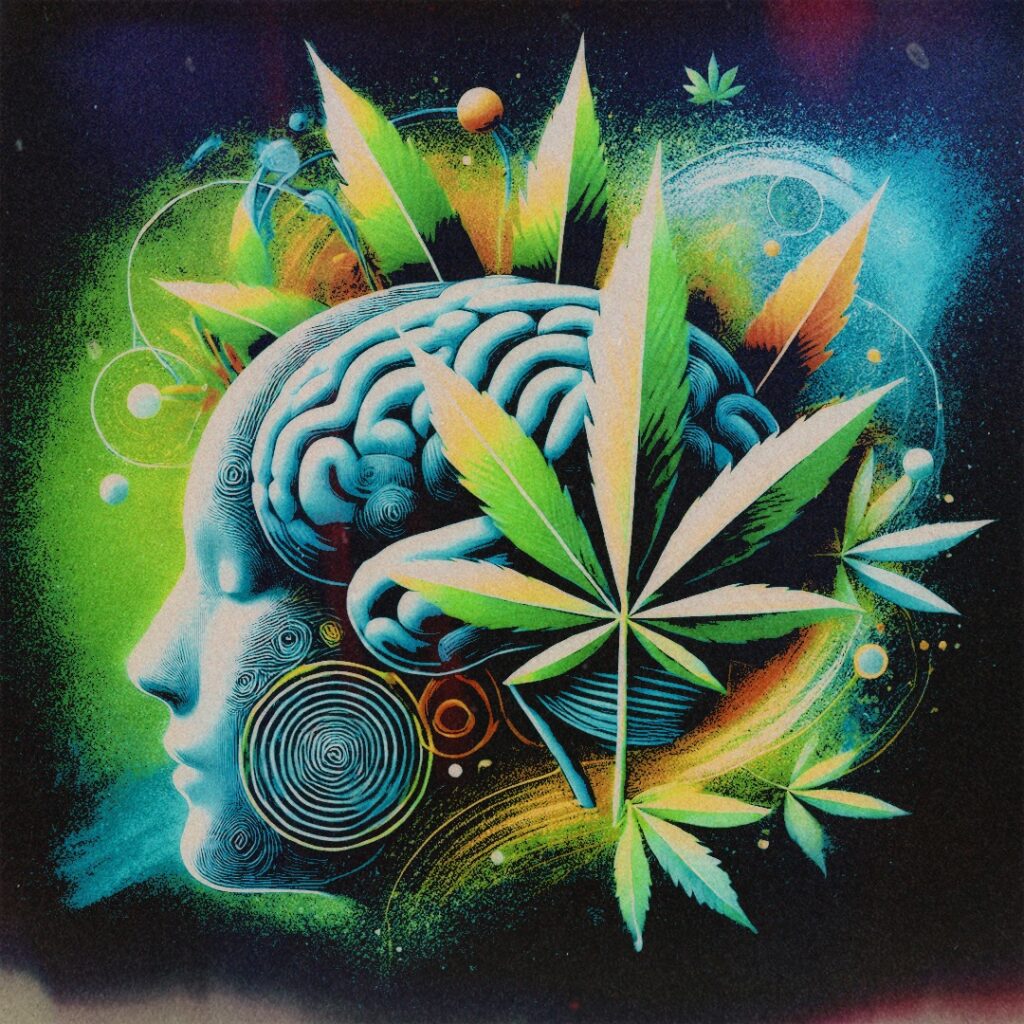New data indicates that consistent marijuana use is less detrimental than commonly believed, challenging stereotypes, debunking negative myths and disproving stigmas.
As marijuana continues to gain legal acceptance across the United States, the conversation surrounding its effects has never been more vital. With a growing number of states legalizing marijuana for both medicinal and recreational use, it’s wise to know and understand the realities of steady marijuana consumption.
For too long, the discourse has been dominated by negative myths and stereotypes that obscure the true impact of marijuana on its users. Recent research, however, is challenging these misconceptions, offering a clearer picture of how marijuana affects those who use it regularly.
Debunking Negative Myths and Stigmas Around Marijuana Use
Marijuana users have historically been stigmatized by stereotypes that paint them as lazy, paranoid, and lacking motivation. These outdated views have fueled a negative public perception, making it difficult to have a balanced conversation about marijuana’s effects.
However, new research is turning these assumptions on their head. A recent study reveals that steady marijuana users do not exhibit the stereotypical lethargy or paranoia long associated with cannabis consumption.
In fact, the study found that despite steady marijuana use, participants maintained stable levels of motivation, with little evidence to support the existence of the so-called “weed hangover.” This challenges the long-standing belief that marijuana use leads to a lack of ambition, suggesting that the impact on an individual’s drive may be far less significant than previously assumed.
By debunking negative myths like these, we can begin to dismantle the stigma that has clouded public perception and open the door to a more informed dialogue about marijuana use.
Medical Marijuana: New Viewpoints on Cognitive Function
Medical marijuana has become a crucial component of treatment for many patients, particularly those dealing with chronic illnesses.
Contrary to the belief that marijuana impairs cognitive function, recent findings suggest that it may actually enhance mental clarity for some users. Notably, cancer patients using medical marijuana reported improved cognitive function, challenging the notion that marijuana leads to foggy thinking or diminished mental capacity.
These findings align with an expanding body of research that highlights the therapeutic benefits of marijuana, including pain relief, reduction of nausea, and alleviation of anxiety. As more states legalize medical marijuana, understanding its effects—both positive and negative—becomes increasingly important.
This study provides compelling evidence that medical marijuana can significantly improve the quality of life for patients who rely on it.
The Science Behind Marijuana’s Effects
To fully grasp the impact of marijuana, it’s crucial to understand the science behind it. Marijuana contains a variety of compounds known as cannabinoids, which interact with the body’s endocannabinoid system. This system plays a vital role in regulating numerous physiological processes, such as mood, appetite, and pain perception.
Among the most well-known cannabinoids are THC (tetrahydrocannabinol) and CBD (cannabidiol). THC is responsible for the psychoactive effects commonly associated with marijuana use, while CBD has gained attention for its potential therapeutic benefits without the accompanying high.
The study’s findings suggest that the interaction between these cannabinoids and the endocannabinoid system is more nuanced than previously understood, especially in the context of steady use.
Implications for Policy and Public Perception
The implications of these findings extend far beyond individual users. As marijuana becomes more widely accepted and legalized, it’s crucial for policymakers to base regulations on solid evidence rather than outdated assumptions. The data from this study can inform more effective and balanced marijuana policies, ensuring they reflect the realities of its use.
Furthermore, as the stigma surrounding marijuana continues to erode, it’s essential that public perception evolves alongside the latest research. By challenging the myths that have long characterized marijuana users as unmotivated and paranoid, we can foster a more balanced and informed conversation about marijuana’s place in society.
The shift in perspective is crucial, as research into marijuana’s effects continues to grow, there’s no depth too deep: stories from real-life users and scientific studies alike will increasingly continue to help debunk old stigmas and present a clearer understanding of the substance’s impact.

The Narrative is Changing
The narrative surrounding marijuana use is evolving, and with it, our understanding of its impact on users. This study is effective in debunking negative myths and stereotypes that have long unfairly labeled marijuana users. As more research emerges, it’s becoming clear that the effects of steady marijuana use are far more complex than simple labels can capture.
By embracing a fact-based perspective, we can move toward a more informed and less stigmatized view of marijuana use, ultimately leading to better policies and a more educated public.
***
Trap Culture is the ultimate destination for cannabis enthusiasts who want to experience the best of Arizona’s cannabis culture. Whether you are looking for the hottest cannabis-friendly events, the latest news on debunking negative myths about marijuana, trends in the industry and exclusive, limited-edition products from the top brands in the market, Trap Culture has you covered. Visit our website to learn more about our events, our blog, and our store. Follow us on social media to stay updated on the latest news and promotions. Join the Trap Culture family and experience the most immersive and engaging cannabis-friendly social events in Arizona.


